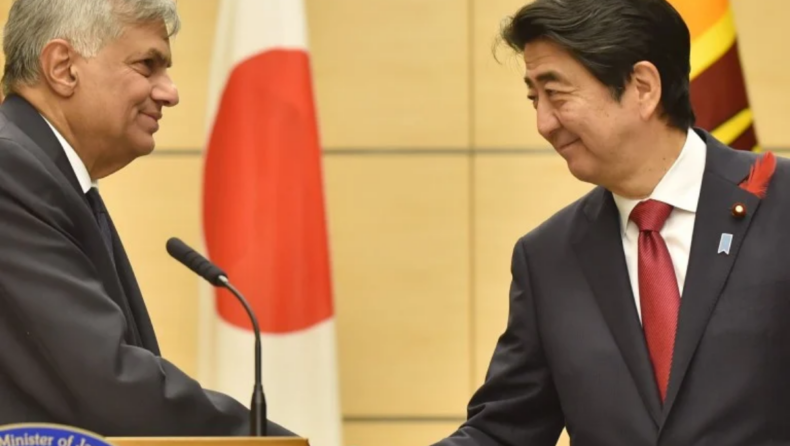
Recently a meeting was held in Tokyo between Prime Minister of India Narendra Modi and Prime Minister of Japan Fumio Kishida. The Japanese government announced that India and Japan had agreed to collaborate on supporting crisis-hit Sri Lanka.
On the margins of the Quad Summit on May 24, Mr Modi and Mr Kishida met for bilateral talks on “tight cooperation.” As to encourage efforts to realize a “Free and Open Indo-Pacific,” as well as collaboration in areas such as defence, clean energy, and investment.
The leaders “addressed the situation in Sri Lanka and confirmed that they will work with each other. The focus is on the current economic crisis as well as the deterioration of the humanitarian situation of the nation. Both nations also shared the idea of working together to evolve the Indo-Pacific Economic Framework into an inclusive framework. In order to provide tangible advantages to the region.
Both Prime Ministers discussed current global and regional events in depth. They reaffirmed their commitment to a free, open, and inclusive Indo-Pacific area. Thus, noting convergences in their individual approaches to the Indo-Pacific.
Severe economic downturn
Japan has been one of Sri Lanka’s major donors and development partners for more than half a century. Yet its donations and investments have gotten far less attention than those from China or India.
Japan’s announcement that it will work with India to help Sri Lanka is very much important for Sri Lanka. This came just days after Sri Lankan Prime Minister Ranil Wickremesinghe proposed that Quad members take the lead in forming a foreign aid consortium to help the country. As the country is experiencing its worst economic crisis since independence. Since January 2022, India has provided around $3.5 billion in assistance in the form of loan deferments and credit lines for vital imports.
Despite Colombo cancelling two major infrastructure projects with Japanese assistance, Japan has taken the initiative. Sri Lankan President Gotabaya Rajapaksa ordered the cancellation of a $ 1.5 billion light rail project funded by Japan in September 2020. They claimed that it was not a “cost-effective option.”
The Sri Lankan President stated that Japan “remains one of Sri Lanka’s key development partners.” Also, they expressed hope that continuing negotiations on “bridging money” from Japan will be completed shortly. They also require urgent bridging credit to restore confidence in their external sector. Thus, stabilizing their economy until the debt restructuring process is concluded and an IMF programme is initiated.
Colombo had already requested India’s assistance in procuring bridge financing to deal with the slump until an IMF package became available. After choosing a preemptive default on its foreign debt of roughly $ 50 billion, the government is in debt restructuring talks with the IMF.
Read More – India and Japan providing alternative way for SriLanka













